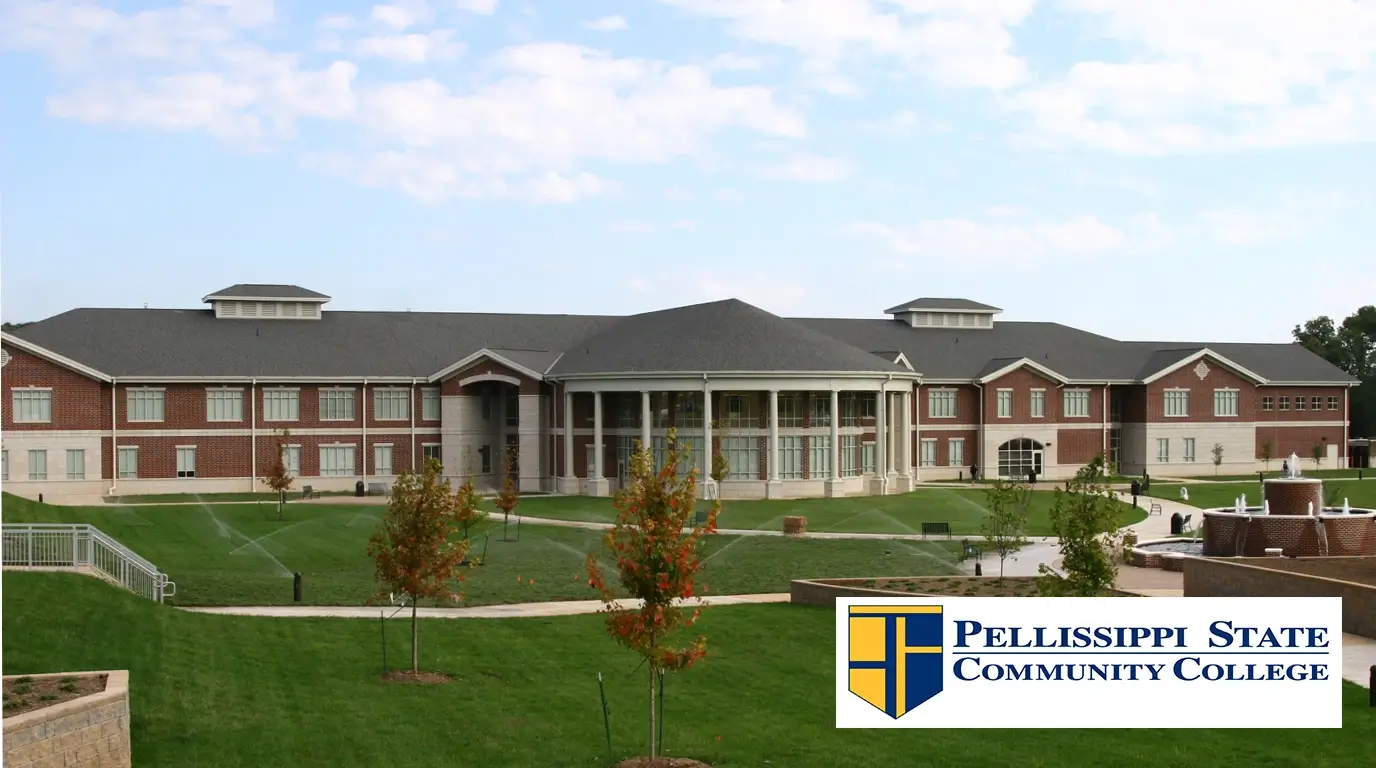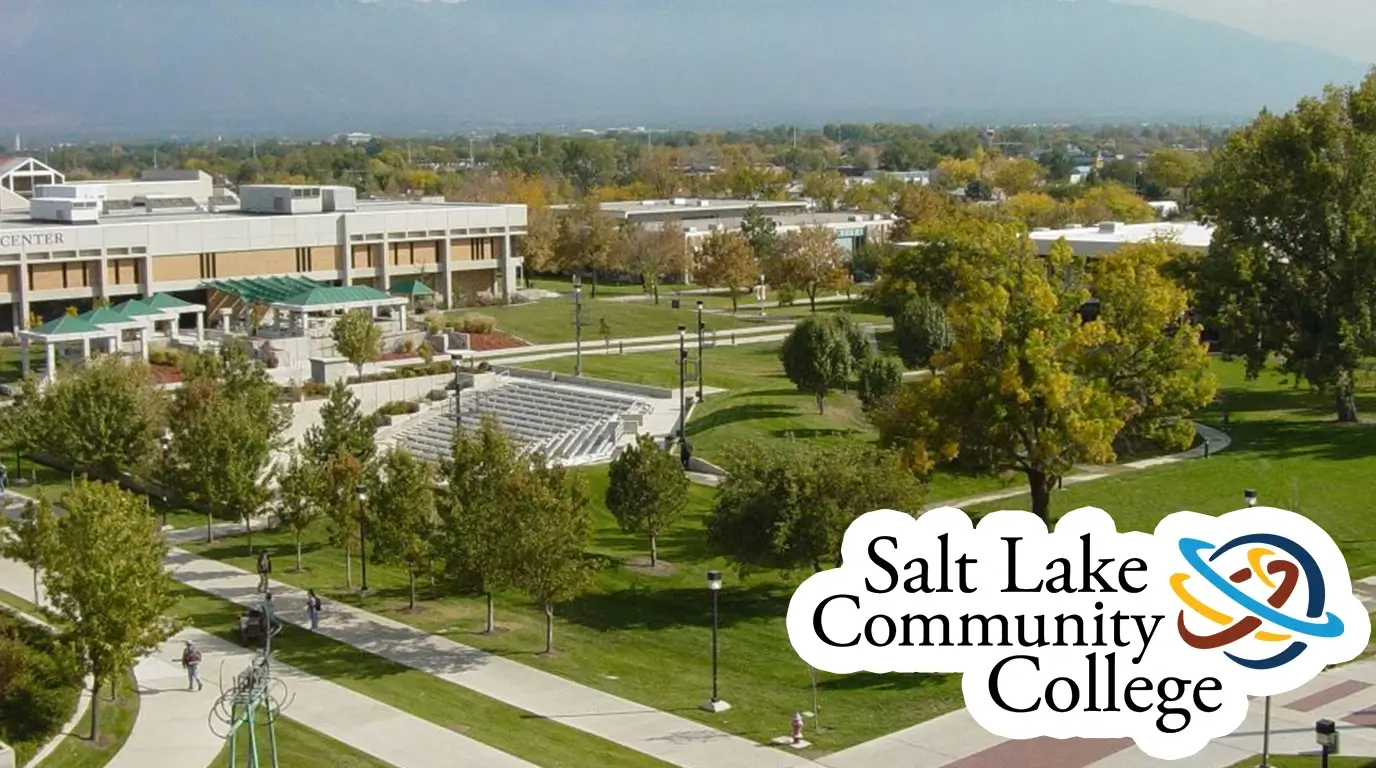Becoming a Paralegal in Colorado – Your State-Specific Guide
Why Consider a Paralegal Career in Colorado?
Ever wondered if you could dive into the legal world without spending years (and a small fortune) in law school? If you’re in Colorado, becoming a paralegal might just be your ticket. I’ve spent years working alongside paralegals in Denver law firms, and let me tell you—the demand for skilled legal assistants here is real. Colorado’s legal landscape is bustling, from corporate offices in Denver to small firms in Colorado Springs, and paralegals are the backbone keeping it all running smoothly. So, what does it take to become a paralegal in Colorado? In this guide, I’m breaking it all down—state-specific details, education paths, job prospects, and more—to help you get started right here in the Centennial State.
Paralegal Definition and Regulation in Colorado
Does Colorado Legally Define “Paralegal“?
Here’s the thing—Colorado doesn’t pin down an official legal definition for “paralegal” or “legal assistant” in its statutes. That said, the Colorado Bar Association describes paralegals as professionals “qualified by education, training, or work experience” who perform substantive legal work under an attorney’s supervision. It’s a practical, working definition that reflects what I’ve seen in the field—paralegals drafting motions, digging into case research, and managing client files, all while lawyers take the lead.
Are There Any State Regulations for Paralegals in Colorado?
Unlike some states (looking at you, California), Colorado doesn’t regulate paralegals directly. There’s no state licensing or mandatory certification to hang your shingle as a paralegal here. You’re not practicing law independently—only attorneys can do that—so you’ll always work under their oversight. The Colorado Bar Association does offer Guidelines for the Utilization of Paralegals, which I’ve seen firms lean on. These outline ethical boundaries and tasks paralegals can tackle, like prepping legal docs or conducting research, as long as an attorney supervises. It’s less about red tape and more about ensuring you’re part of a team delivering solid legal services.
Key Takeaway:
- Colorado keeps it simple: no formal state regulations or licensing, just attorney supervision and ethical guidelines to follow.
Education Requirements and Recommended Programs in Colorado
Are There Specific Educational Requirements in Colorado to Become a Paralegal?
Legally? No, Colorado doesn’t demand a specific degree to call yourself a paralegal. But let’s be real—most employers here won’t even glance at your resume without some education or training. I’ve talked to hiring managers at law firms in Boulder and Denver, and they typically want at least an associate’s degree or a paralegal certificate. A bachelor’s degree can give you an edge, especially if you’re eyeing corporate legal departments or bigger firms. ABA-approved programs aren’t required, but they’re a gold star—employers know those grads come out sharp and ready to work.
Recommended Paralegal Education Programs in Colorado
If you’re ready to jump in, Colorado’s got some solid options. Here’s a rundown of programs I’d point you to, based on reputation and what I’ve heard from folks in the field:
- Community College of Denver (CCD) – Offers an ABA-approved Associate of Applied Science (AAS) in Paralegal Studies and a certificate program. It’s hands-on, with internships across the state, and they even give credit for prior legal experience. Perfect if you’re in the Denver area or want a hybrid schedule.
- Pikes Peak State College (Colorado Springs) – Another ABA-approved gem with an AAS and certificate. They focus on practical skills like legal research and document drafting—stuff you’ll use day one on the job.
- Arapahoe Community College (Littleton) – ABA-approved AAS and certificate options here too. It’s a favorite for its mix of online and on-campus courses, plus strong ties to local law firms for internships.
- Front Range Community College (Westminster & Larimer) – A 30-credit certificate program that’s flexible, with some online courses. Great for getting in and out quickly if you’re already working.
These are just a starting point—check their websites for the latest details, since tuition and schedules shift. If you’re rural, don’t worry; many offer hybrid or online classes.
Online Paralegal Programs for Colorado Residents
Not near a campus? Online programs are a lifeline. Schools like Purdue Global or Rasmussen University offer paralegal certificates and degrees that Colorado employers respect. The flexibility’s a game-changer—I’ve known paralegals who balanced full-time jobs while studying at night. Just make sure the program aligns with what local firms want (hint: ABA approval helps).
Key Takeaway:
- No mandatory education, but an associate’s, certificate, or bachelor’s is the norm.
- Top picks: CCD, Pikes Peak, Arapahoe, and Front Range—many ABA-approved.
- Online options work if you need flexibility.
Paralegal Certification and Credentials in Colorado
Is State-Specific Paralegal Certification Available or Mandatory in Colorado?
Nope, Colorado doesn’t have a state-specific certification, and it’s not mandatory either. You can start working as a paralegal with the right education and experience—no extra hoops from the state.
Nationally Recognized Certifications Relevant in Colorado
That said, getting certified can set you apart. Two big ones I see on resumes here are:
- NALA’s Certified Paralegal (CP) – You’ll need some education (like an associate’s) and pass an exam. It’s widely recognized, and I’ve seen Denver firms perk up when they spot it.
- NFPA’s CORE Registered Paralegal (CRP) – An entry-level credential that proves you’ve got the basics down. Great if you’re just starting out.
Both show you’re serious about the gig, and they’re portable if you ever leave Colorado.
Benefits of Certification in Colorado
Why bother? Credibility, for one—I’ve watched certified paralegals land interviews faster. It can also bump your pay; firms know you’ve got skills they don’t have to train from scratch. Plus, if you’re aiming for senior roles or specialized law firm jobs in Colorado, it’s a stepping stone. I knew a paralegal in Boulder who went from $50K to $70K after getting her CP—experience matters, but certification sealed the deal.
Key Takeaway:
- No state certification required in Colorado.
- National creds like NALA CP or NFPA CRP boost your resume.
- Benefits: better job prospects, higher pay, and career growth.
Paralegal Associations in Colorado
List State-Level Paralegal Associations in Colorado
Networking’s huge in this field, and Colorado’s paralegal associations are goldmines. Here’s where to look:
- Rocky Mountain Paralegal Association (RMPA) – Based in Denver, covering the region. They’ve got job boards, seminars, and mixers.
- Pikes Peak Paralegals (PPP) – A NALA affiliate in Colorado Springs. Think CLE events and local connections.
- Legal Assistants of the Western Slope (LAWS) – For western Colorado folks, offering education and community vibes.
Benefits of Joining a Paralegal Association in Colorado
Joining’s a no-brainer. You’ll meet people who can tip you off to law firm jobs in Colorado, get access to continuing legal education (CLE), and stay in the loop on industry trends. I’ve seen newbies land gigs through RMPA events—relationships matter as much as your resume.
Key Takeaway:
- Top associations: RMPA, PPP, and LAWS.
- Perks: networking, job leads, and professional growth.
Job Market Outlook and Salary for Paralegals in Colorado
Current Job Market for Paralegals in Colorado
Colorado’s legal scene is thriving. From Denver’s corporate hubs to smaller firms in Fort Collins, paralegals are in demand. The Bureau of Labor Statistics (BLS) reported 5,400 paralegals employed here in 2023, and that’s likely grown since. Big players like Holland & Hart or corporate legal departments at DISH Network keep the market humming.
Average Paralegal Salary in Colorado
Money-wise, Colorado’s a sweet spot. BLS pegs the average paralegal salary in Colorado at $62,950 annually (2020 data), but I’ve seen newer numbers from Indeed (March 2025) showing $65,358. Entry-level starts around $37K-$40K, while seasoned pros in Denver can hit $90K-$100K, especially in high-paying metro areas like Denver-Aurora-Lakewood. Experience, education, and specialization (think corporate law or litigation) drive that up.
Job Growth Projections for Paralegals in Colorado
The outlook’s bright. Projections Central estimates an 18.8% growth rate for paralegal jobs in Colorado through the next decade—way above the national 4.2%. That’s driven by firms cutting costs by leaning on paralegals instead of extra attorneys. If you’re starting now, you’re timing it right.
Key Takeaway:
- Job market: strong, especially in Denver and metro areas.
- Average salary: $65K, with top earners nearing $100K.
- Growth: 18.8%—faster than the U.S. average.
Key Takeaways: Steps to Becoming a Paralegal in Colorado
Ready to get going? Here’s your roadmap:
- Research paralegal programs in Colorado—start with CCD or Pikes Peak.
- Pick your education path: certificate for speed, associate’s for depth, or bachelor’s for ambition.
- Look at ABA-approved programs if you want that extra shine.
- Explore national certifications like NALA CP to stand out.
- Join RMPA or another Colorado association for networking and support.
- Kick off your job search—target law firm jobs in Colorado or corporate roles.
Colorado’s legal world is waiting, and becoming a paralegal here is a solid move. Got questions? Drop them below—I’d love to hear where you’re at in your journey!




